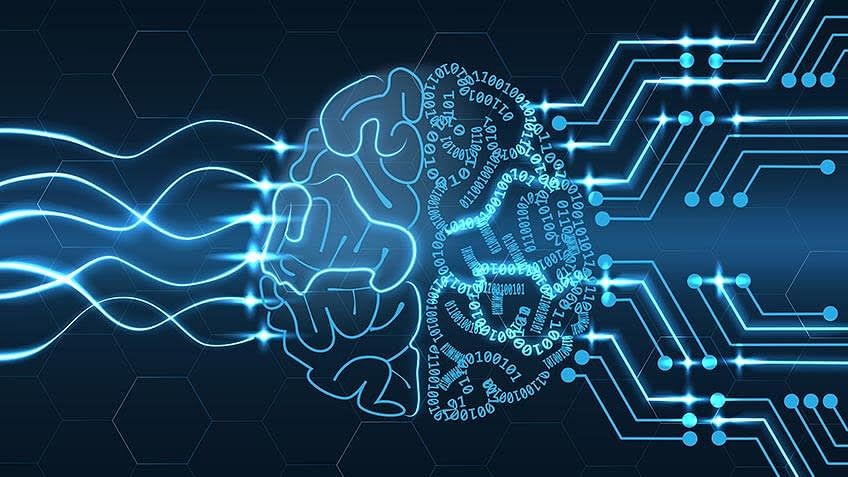
by hbrueck@businessinsider.com – (Hilary Brueck) Eternal youth-seekers and investors alike are getting increasingly excited about a concept called “Longevity Escape Velocity.” This hypothetical idea borrows its name from “escape velocity,” the basic physics principle which states that objects can, at a certain speed, defy gravity’s pull. Longevity escape velocity suggests, similarly, that at some point in the not-too-distant future people will be able to escape the debilitating pull of death — and live indefinitely. Longevity escape velocity is our ticket to immortality. If only science could figure out how to cash it in. While LEV is only a theory for now, its backers contend that it could be a reality in not too many decades, given the rapid advances in aging science. As we get better at rejuvenating our cells, we will be able to improve the quality of our lives so exponentially that people will be increasing their life expectancy faster than they’re living, thus approaching a near-immortal state, or so the theory goes. There are several science-backed reasons why some people live longer, healthier lives than others. There are also a lot of scams out there claiming that they promote “antiaging” when they don’t.
Here’s what’s really proven to increase your lifespan, and what’s not. Harvard geneticist George Church has entertained the idea that maybe, just maybe, we’ll reach this state within your lifetime, reader. Sourav Sinha, head of strategy at the Longevity Vision Fund, said much the same during a recent panel discussion about stopping age-related diseases in New York, suggesting LEV could be possible within a couple of decades, with the right kinds of investments. Longevity researcher Aubrey de Grey, one of the originators of the term, and perhaps its fiercest proponent, has put a very rosy, best-case scenario for LEV impossibly close — somewhere in the 2030s. Futurist Ray Kurtzweil has suggested an even earlier debut for LEV, perhaps by 2028 or 2029, which would not be enough time for authorities to approve any anti-aging drugs or treatments (we have none so far.)
And now, a growing number of leading pioneers in anti-aging research are signing on to a new “Dublin Longevity Declaration,” which calls on their entire field of science to focus on reversing biological aging processes at the cellular level. Trying to improve aging the old-school way, by going after one disease at a time, is “overly pragmatic” and taking too long, the declaration says. “Everyone knows aging is bad, everyone says it’s bad, but nobody does anything about it,” de Grey said in a release when his new declaration was announced in early October. “Like bad weather – people are stuck in the assumption that nothing can be done, even if we try. We wanted to put that assumption to rest.”












